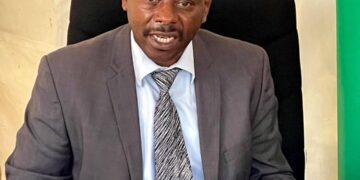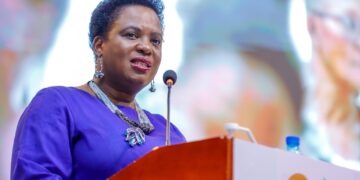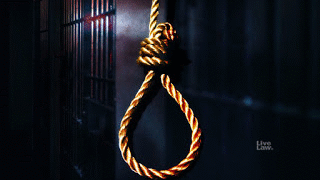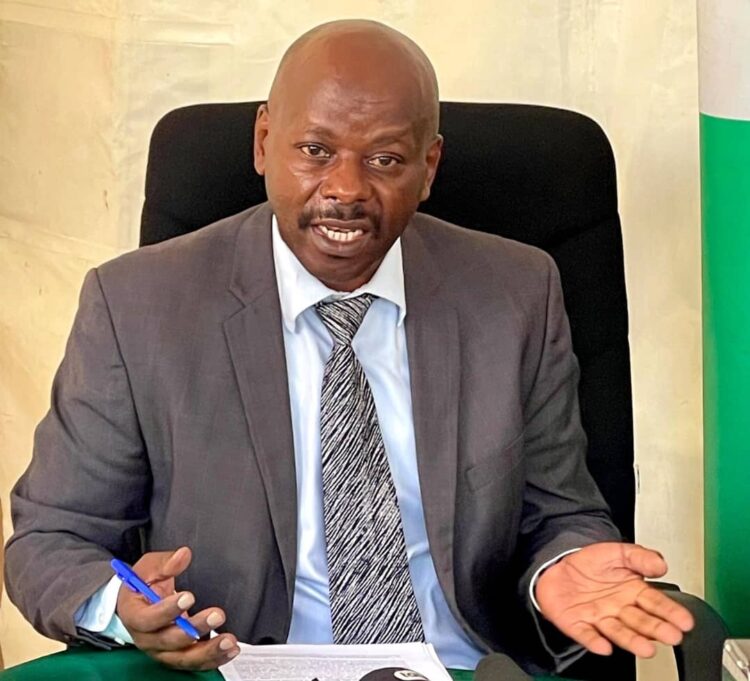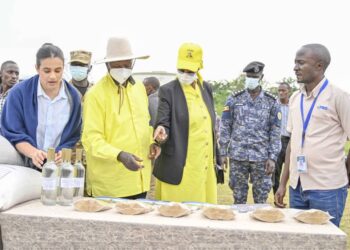By Leonard Kamugisha Akida,
KAMPALA
Civil Society Organisations (CSOs) have expressed concern over Uganda’s ballooning public debt ahead of the presentation of the Shs72.367 trillion national budget for the Financial Year 2025/26, set for June 12.
According to the Ministry of Finance, Uganda’s current public debt stands at Shs107 trillion as of September 2024. Analysts warn this figure is likely to increase, with the government planning to borrow Shs34.8 trillion to partly finance next year’s budget.
Gilbert Musinguzi, an official at Uganda Debt Network, said the continued borrowing trend is unsustainable and poses a threat to service delivery.
“We are a population of 45.9 million. This means each Ugandan effectively owes Shs2.3 million in public debt,” Musinguzi said during a joint press briefing held at PELUM Uganda offices in Ntinda, Kampala on Sunday. “This borrowing compromises access to quality social services.”

CSOs noted that 37.2% of the proposed budget, about Shs26.8 trillion, will be spent on debt servicing, further straining the country’s limited fiscal space.
Pascal Muhangi, an economist at Civil Society Budget Advocacy Group (CSBAG), warned that growing debt obligations are crowding out spending on critical sectors.
“The government is cutting funding for essential sectors like health and education while increasing borrowing to pay debts and salaries,” he said.
Funding cuts highlighted by CSOs include a reduction in the National Medical Stores (NMS) budget from Shs721 billion in FY2024/25 to Shs717.6 billion in FY2025/26. The budget for anti-malaria medicines (ACTs) has dropped from Shs4.7 billion to Shs4.6 billion, reproductive health supplies from Shs32.5 billion to Shs32.1 billion, and essential medical supplies to referral hospitals from Shs25.9 billion to Shs25.6 billion.
Muhangi described the cuts as dangerous, especially amid declining donor support. He urged the government to reallocate more funds to the social sector.
“We should be increasing allocations to sectors like health and education because they are foundational to the country’s development,” he said.
CSOs also decried persistent issues of unspent funds and weak project implementation. They called on the government to enhance transparency, improve project monitoring, and strengthen recovery efforts under initiatives like the Parish Development Model (PDM) and GROW Fund.
